



In several applications, describing a system at different levels of detail and granularity enables faster reasoning on the model and eases its
interpretability. In the context of graphical causal models, Causal Abstraction is a recently defined framework that enables concise
representations of low-level systems with numerous variables through smaller high-level models retaining the causal properties such as
interventional or counterfactual distributions. Despite preliminary applications in Neural Network interpretability and potential uses in large
systems such as weather or brain activation patterns, the existing literature either focuses on discrete models or does not cover the problem of
learning causal abstractions from data. The PhD project tackles these two main issues, encompassing both theoretical aspects of the definition
of Causal Abstraction and the retrieval of abstract causal models from data. First, on the theoretical side, the project aims to study the problem of
abstracting soft interventions and the necessary and sufficient conditions for abstracting different model classes, such as linear models, additive
noise models, or post-nonlinear causal models. Then, the project formalizes the problem of Causal Abstraction Learning and provides
identifiability results to recover the abstraction function from data depending on the previously mentioned classes and the observability of
abstract information such as observational or interventional samples or prior knowledge of abstract variables. Finally, the project proposes
practical methods to learn abstraction functions and abstract models from data by combining existing causal discovery approaches to handle
data with different granularity.


